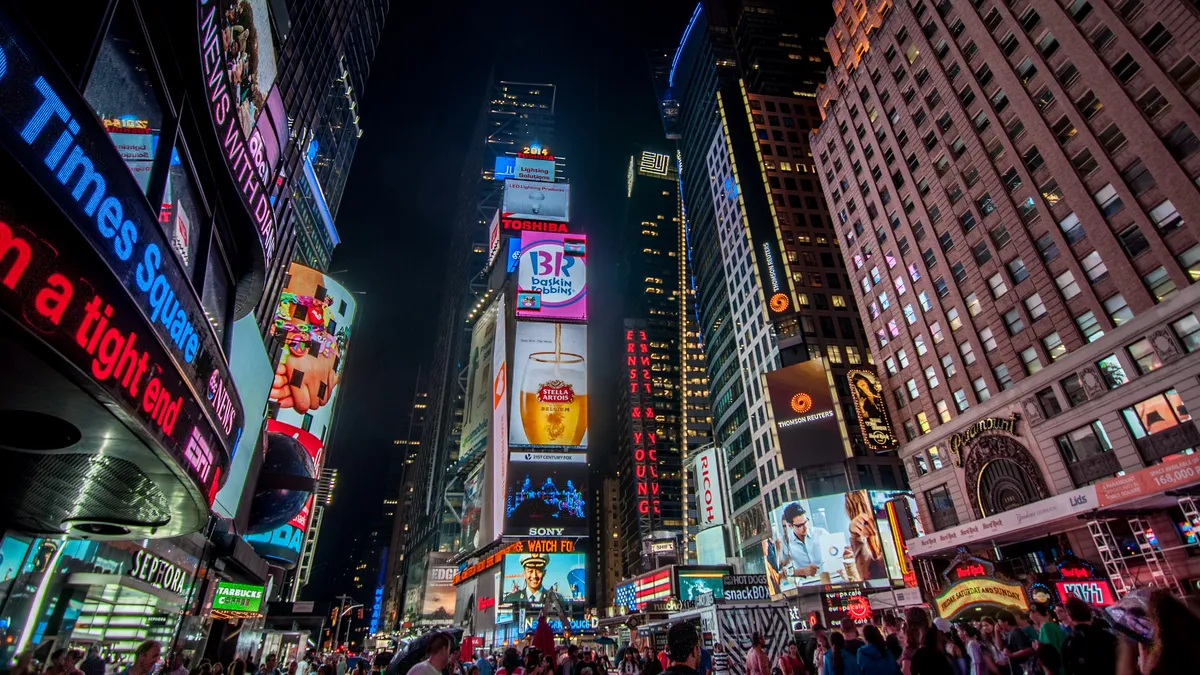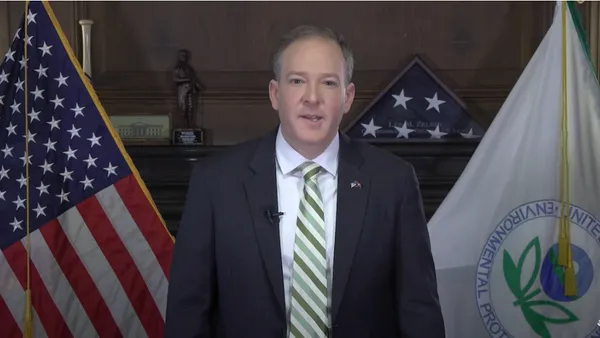Dive Brief:
- New York City's Committee on Consumer Affairs voted last week to create a nightlife office. The office would include a Nighttime Ambassador, who would work to bridge the council and city workers in the nighttime economy. The bill would also establish a 12-member Nightlife Advisory Board.
- The office would be tasked with "conducting outreach and providing assistance with the city’s enforcement, licensing, permits or approvals processes." The office would also work on developing solutions for recurring problems or trends, like noise violations or other complaints.
- The final vote happens later this month. If passed, the office would be created by June 2018.
Dive Insight:
Amsterdam became the first city with a "night mayor" in 2014, with other European cities following shortly after. Perhaps surprisingly, due to New York's nightlife reputation, other American cities beat the Big Apple to having "night mayors." As reported by Governing, Pittsburgh appointed a "night time economy coordinator" in 2015, and some smaller cities are also getting on board by appointing night mayors and millions of dollars for nighttime management teams. Last April, Amsterdam even hosted the first Night Mayor’s Summit.
Better policies for nightlife can bring in money for cities. Nightclubs alone bring in $26 billion in revenue in the U.S. annually. Carefully managed nighttime policies can also improve quality of life. In an opinion piece laying out his reasons for supporting the nightlife office, New York City Councilmember Rafael Espinal pointed out that Amsterdam has seen a 25% reduction in crime and 28% decrease in noise complaints since the office opened.
It's easy to assume, then, that New York's "night mayor" could be just as successful for the city. There are thousands of liquor licenses in the city and New York hosts a population of 2.05 million people on the average weekday night. With its massive size, New York holds considerable influence and could, along with the offices in Orlando and Pittsburgh, encourage more U.S. cities to pay extra attention to their nighttime economies.










